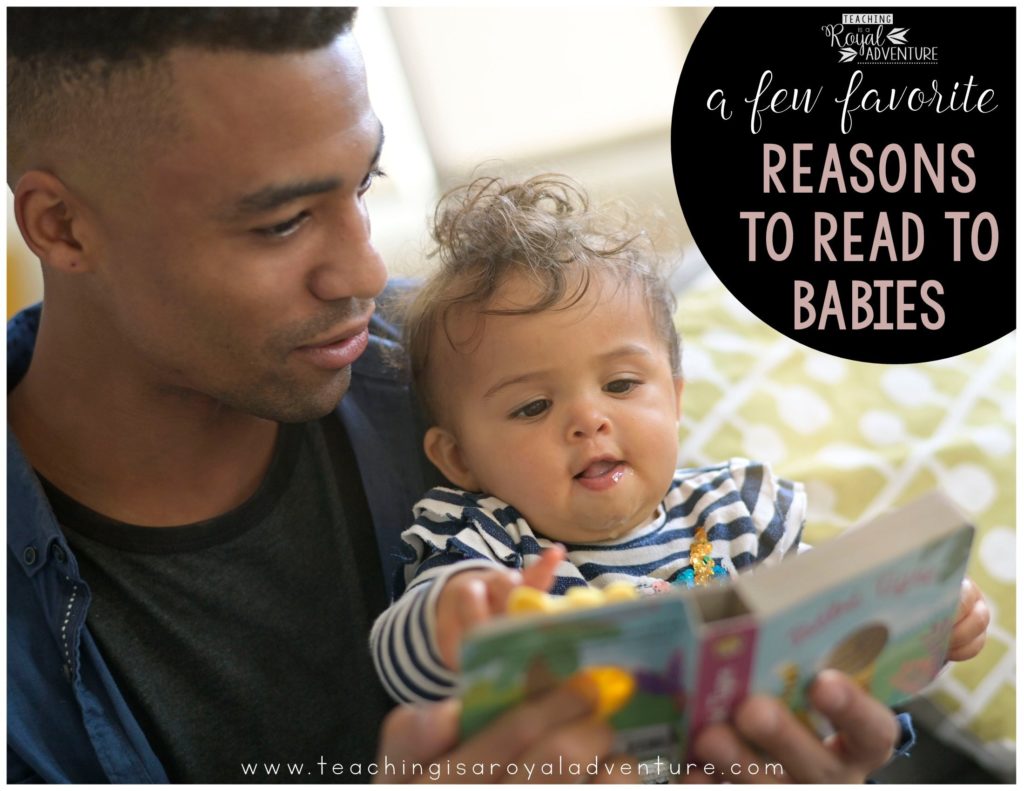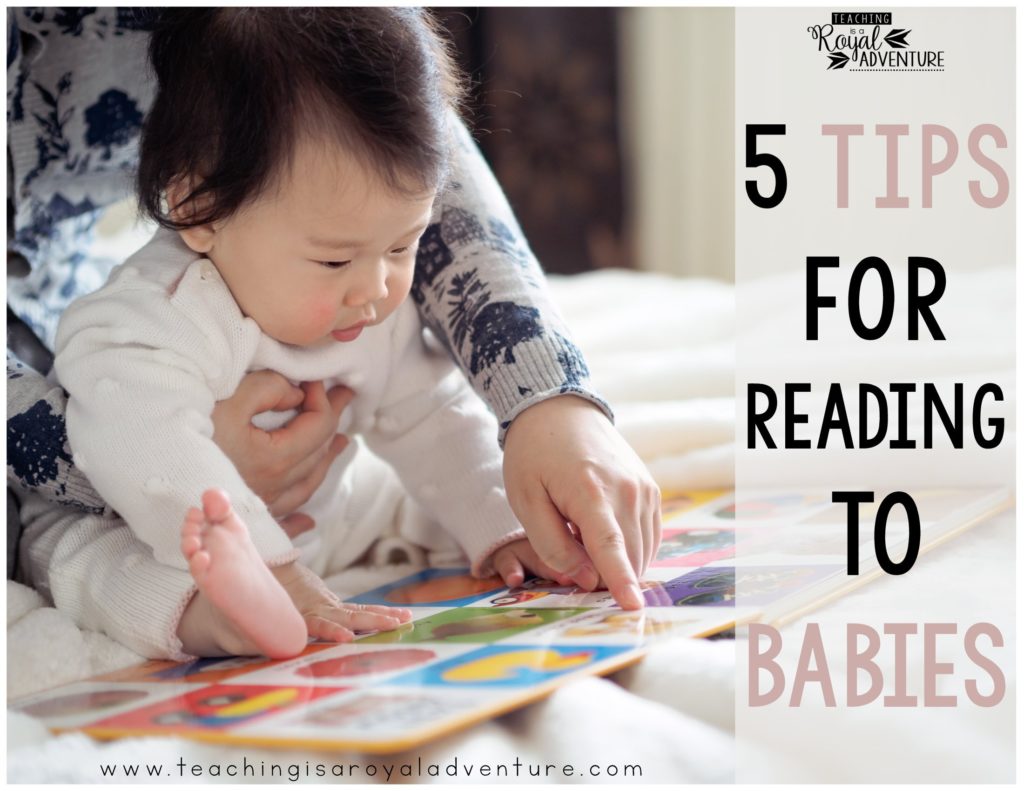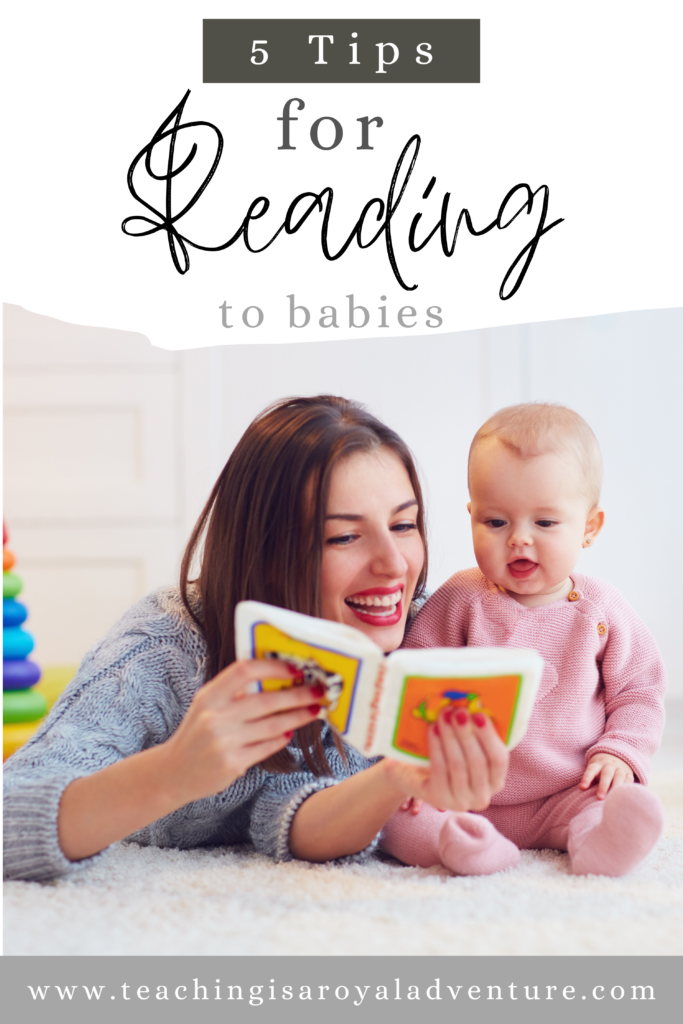📖 When Should You Start Reading to Your Baby?
Did you know that babies begin building literacy skills from the very beginning?
Here’s what research shows:
👂 Around 25–28 weeks gestation, babies can begin to hear sounds—including their mother’s voice and heartbeat.
🧠 By 32 weeks, they can recognize familiar voices and the natural rhythm of language.
This exposure to language in the womb doesn’t teach literacy directly, but it primes the brain for language and communication after birth.
So while babies aren’t “reading” before they’re born, they are laying the foundation for future literacy by:
- Absorbing the rhythm and melody of language
- Developing auditory processing
- Bonding through voice recognition
And once they arrive earthside, it continues.
Long before a baby can say a single word, they’re already soaking in language, tone, and emotion—especially through the sound of your voice and the closeness of your presence.
That sweet moment when your little one coos at a picture, babbles during a story, or even mouths the corner of a board book?
Yes, even that counts as reading.
👶 Why Mouthing a Book Counts as Early Reading
When your baby puts a board book in their mouth, they’re not being silly or destructive—they’re doing exactly what their developing brain and body are designed to do: explore through their senses.
For infants—or children who are developing at an infant level—learning is hands-on and mouth-first. They’re discovering:
- Texture and shape
- How objects feel and respond
- Cause and effect (What happens when I bite this corner? Can I turn the page with my tongue?)
This kind of sensory exploration is actually the very beginning of book awareness—a key part of early literacy.
📚 What Is Book Awareness?
When your child interacts with a book—whether they hold it, flip through the pages, or taste it—they are developing an understanding of what books are and how they work.
Through these interactions, your child is learning:
- That books are objects to be held, turned, and explored
- That books are part of their everyday world
- That books feel safe and comforting when shared with someone they love
So when you see your child gnawing on Brown Bear, Brown Bear, don’t worry. That moment—sticky pages, slobber and all—is actually helping build their relationship with books. And that’s a beautiful first step toward reading.
🌟 The Power of Sensory Learning
For infants and early learners, exploring the world through touch and taste is essential to brain development. Mouthing a book might seem like a quirky habit, but it’s a powerful form of learning.
They’re:
- Building fine motor skills
- Practicing hand-to-mouth coordination
- Developing emotional connection to books through sensory experience
These early interactions lay the foundation for a lifelong love of reading.
📅 So, When Should You Start Reading?
The answer is simple: Start now.
Whether your little one is wide-eyed and alert or fast asleep in your arms, every moment spent with a book builds a foundation for future language, learning, and connection.
Note: These tips are for all families—including those raising children with special needs who may be developing at an infant or toddler level. Whether your child is a newborn or older and still in the early stages of learning, this post is here to support joyful, connected reading together. 💛
Here’s why reading to your baby—or your on an infant ability level—matters, and how to make it joyful for both of you.

💛 Reading with Babies Builds Bonding
Snuggling up with a story creates a beautiful moment of connection. Your voice, your touch, and your attention signal to your baby that they’re safe and loved. This emotional bond is the bedrock of early learning—and it starts with just one book.
📚 Books Introduce New Words & Wonder
From a mouse asking for a cookie to monkeys drumming in trees, baby books expose children to a richer vocabulary than everyday conversation. In fact, children who hear five books a day enter kindergarten having heard 1.4 million more words than their peers.
Children who hear five books a day enter kindergarten having heard 1.4 million more words than their peers. Share on X🗣️ Storytime Supports Language Development
Babies can distinguish your voice from all others—and reading out loud strengthens their listening skills, helps them understand rhythm and tone, and builds a strong foundation for speech and reading comprehension.
👀 It Boosts Visual Tracking
Turning pages and pointing at pictures helps your baby’s eyes learn to follow movement. These early skills develop into the ability to track words on a page—one of the first steps in learning to read!
😊 Books Nurture Emotional Literacy
Babies love faces. Books with expressive characters help little ones start to recognize emotions and facial cues. Even before they can talk, they’re learning empathy and emotional understanding.
So How Do You Start Reading with a Baby?
Let go of expectations. There’s no perfect way—just your way. Here are five baby-friendly tips to get started:
1. Choose Baby-Safe Books
Opt for board books, cloth books, or bath books. Babies are curious and love to explore with their mouths—so durable books are a must! Keep it simple with big pictures, bright colors, and minimal text.
2. Make It a Nighttime Ritual
Routines give babies a sense of security. Add a calming book or two to your bedtime routine. Pair it with a lullaby and snuggles to help your baby wind down after a busy day.
3. Go Off Script
You don’t have to read every word. Talk about what’s on the page. “That’s a blue bird!” or “Can you find the puppy?” Narrating like this builds language naturally.
4. Play Peek-a-Boo with Pages
Babies love repetition. Flip pages back and forth to “find” something again and again. It’s silly fun—and helps develop object permanence and visual tracking.
5. Be Expressive & Have Fun
Use silly voices, make animal sounds, or even sing the story! Babies love your energy and will light up at your enthusiasm. Reading should feel like play.
📚 Repetition = Brain Power
Don’t worry if you’re reading The Very Hungry Caterpillar for the 47th time this week. Repetition strengthens the brain’s neural connections, making reading easier later.

💬 Now It’s Your Turn!
What’s your baby’s favorite book? Or which one can you read with your eyes closed at this point? Share your go-to reads or funny storytime moments in the comments—I’d love to hear from you!
Pin it for later!

